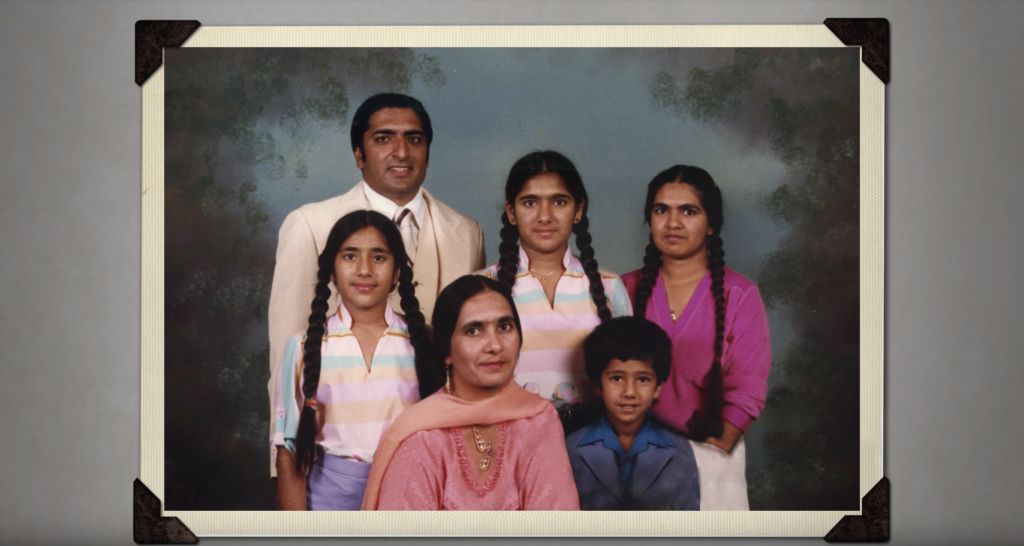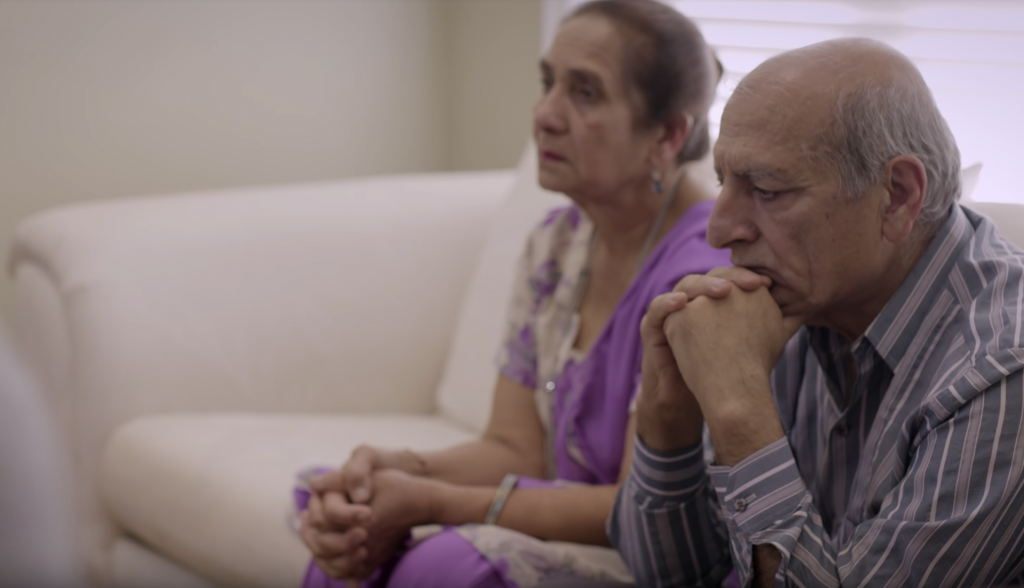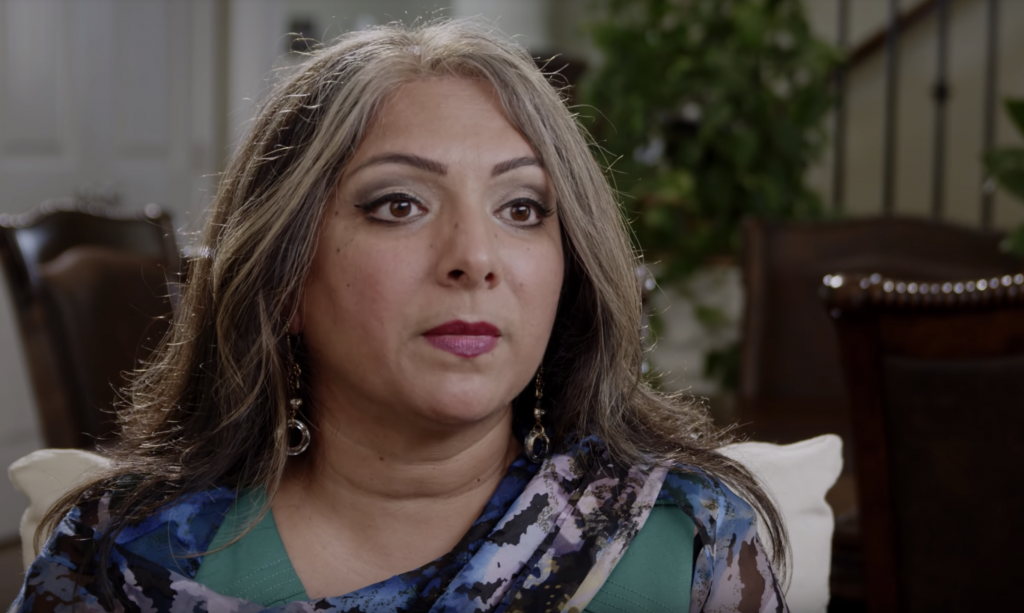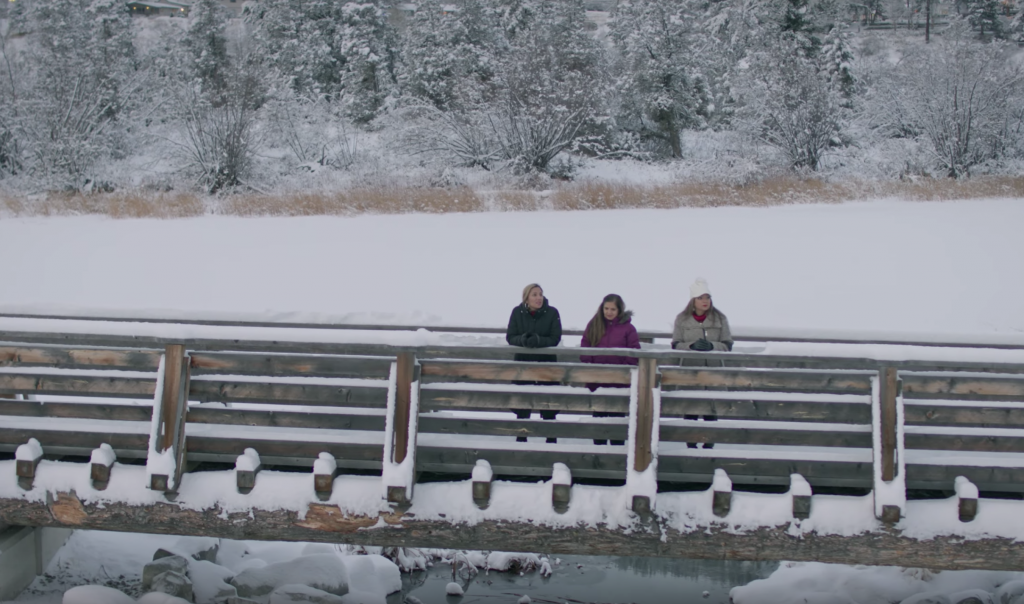
When I decided to go and see “Because We Are Girls” at Toronto’s Hot Docs festival, I wasn’t sure what to expect, but I was anxious.
I was anxious that this film was being showcased on such a large documentary filmmaking platform, with the potential to affect many audiences in different ways — some of whom would walk away triggered, and others who would leave inspired to advocate for change. I was anxious that this film bore such a huge responsibility — owing to its title and description — to represent the Punjabi community in Canada sensitively at the same time as speaking out firmly against the global issue of violence against women. I was anxious that this particular film was directed by a community member herself, and that its subject was a South Asian diasporic family. It is so rare to see one of our own fiercely telling our community’s stories, that too on such a mainstream platform, so when it happens it feels like a landmark event.

As a social researcher, writer, educator, and equity & inclusion strategist who has spent years grappling with the ways that filmmakers create, audiences receive, and the media reports on violence against South Asian women in Canada, I also had a vested interest in watching this documentary. Like so many others, I am tired of hearing again and again about the horrors of sexual and ‘honour’ based violence that continues to plague many of our communities; and yet, these narratives remind me how important it is to keep doing the work. After all, it may only be through repetition that a change in attitudes and behaviour happens.

Indeed we, as the audience, are looking in on a personal family tragedy that has important implications for the ways in which we understand, acknowledge, and respond to issues of sexual violence within South Asian — and specifically Punjabi — communities in Canada and globally. The kitsch, melodrama, and romanticism serve to remind us that while it’s important to have a wider audience watching and engaging, at the end of the day this is our story, our context, our community; it’s time we watch, listen, and use our voices for change.

The entire film was, in effect, a beautiful yet tragic illustration of the ways in which the personal and the political are mapped onto the bodies of South Asian women.
In my own processing of “Because We Are Girls,” I spoke with Director Baljit Sangra to get a behind-the-scenes understanding of what motivated her to create it, why she felt that this family’s story was important to share with Canadians, and what she believes the film’s political objectives are. Throughout our conversation, Baljit mentioned that this film is, for her, a call to action “to take the shame and blame” out of sexual assault incidents, to unpack trauma associated with sexual violence, to incorporate more community members, more men in the conversation about abuse.

This is kind of like [my] seva in a way.
Over the past few months, “Because We Are Girls” has remained in the spotlight, as the sexual assault case that forms its main subject has been unfolding at the same time as the film has been traveling. After its showing at Hot Docs, the film went to the DOXA Documentary Film Festival, where every show was sold out and received multiple standing ovations. While there are plans for it to go to more festivals and community screenings in Canada and overseas, for now, it will receive a limited release at the Vancity Theatre from July 5-11, 2019.
[Read Related: Brown Girls, Sexual Assault and How Our Cultures Contribute to Sexual Pain]
I mentioned earlier that as a writer, researcher, and advocate, I am exhausted from continuously doing this snail-paced work, but at the same time I know how important it is to continue speaking out against sexual violence, to continue fighting for recognition, and to continue telling our stories.
This was never made more clear than a few weeks ago when, as I was preparing this review, I got the news that the convictions against the accused in the case upon which “Because We Are Girls” is based were tossed over by the Supreme Court of Canada because of court delays. As powerful, and as emotionally triggering as this documentary was, and as hopeful as I left the theatre regarding the case itself, this news brings me back to a grim reality.
https://www.facebook.com/682498852121530/videos/2308078819285551/
I’m left questioning, what does this say about how far we have (or, rather, have not) come as a society when it comes to sexual violence against brown [and black] women? How many more films need to be made, and how many conversations need to be had for real change to take place?




